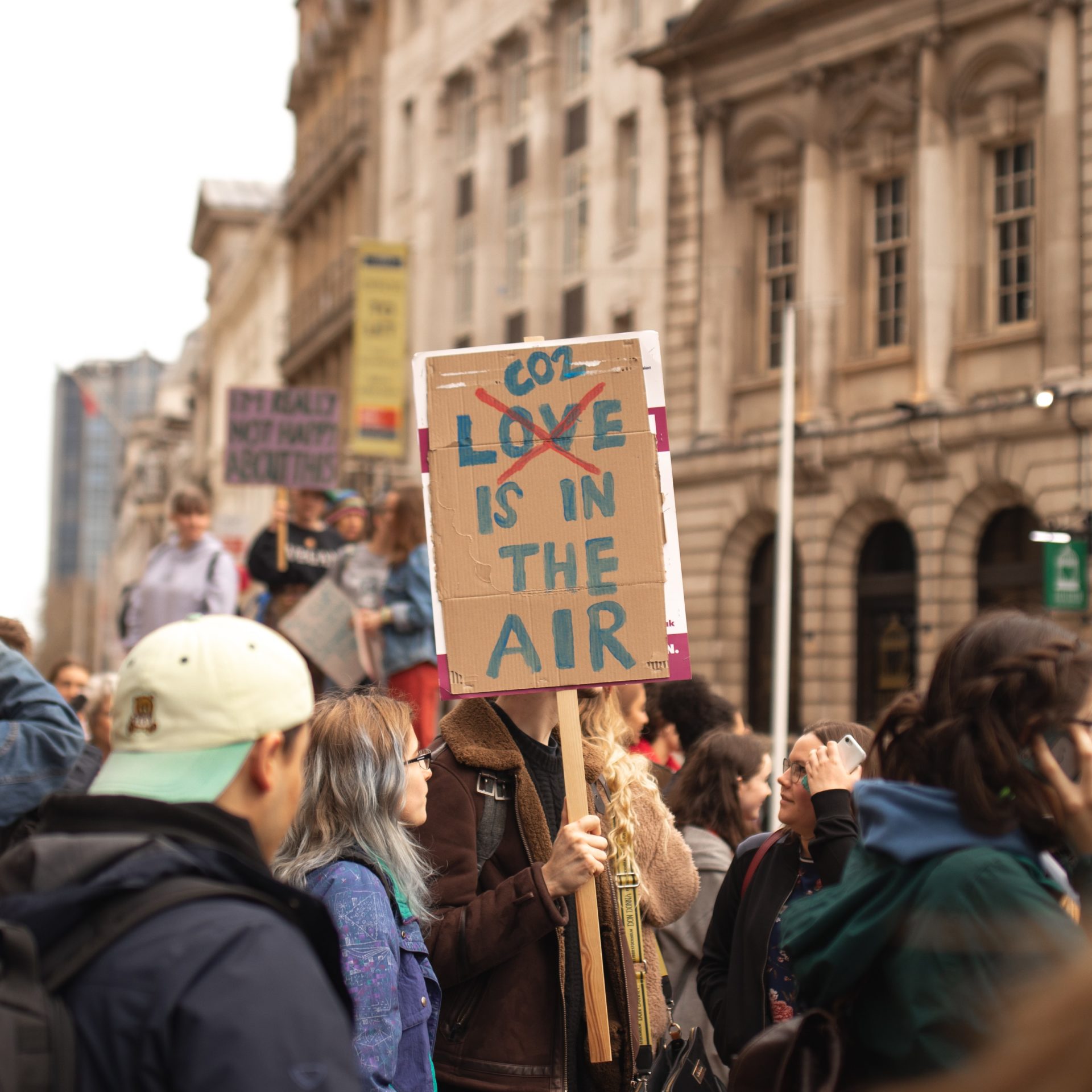
Eco Index 2021
Rising gas prices and fuel shortages have caused huge disruption recently. This raises questions about the reliability of our energy supply and also, its long-term sustainability.
Following on from last year’s inaugural survey, our latest Eco Index - with over 6,000 respondents - explores opinions on environmental issues in the UK, US and Canada.
In each country, broadly speaking a third are actually in favour of nuclear power in general...
Launched before supply issues led to the soaring gas prices and fuel crisis seen in the UK recently, we asked the public to prioritise a) reducing the cost of energy, b) increasing the security of supply and c) reducing the impact on the environment.
Reducing cost was the first priority in each country – for 51% in the UK, 45% in the US and 44% in Canada.
Reducing the impact on the environment was second (Canada – 43%, UK – 37%, US – 34%) and increasing supply security came a distant third (US – 20%, UK – 13%, Canada – 12%).
It’s easy to take something for granted, until you run out of it. With climate change high up on political agendas, as a post-pandemic world tries to return to normality, the race is on to leverage reliable sources of low or zero-carbon energy.
Perhaps the sun is the answer, as president Joe Biden has suggested.
Asked which energy sources their country should use more of, solar is the clear favourite amongst more than two thirds (US – 68%, UK – 69%, Canada – 76%).
At least half think coal is on the way out. In total, 67% in Canada, 61% in the UK and 50% in the US want to see the use of coal decreased.
Time to go nuclear?
The data also shows that more want their country’s use of nuclear power to decrease than increase, but this isn’t necessarily the same as being for or against nuclear in principle.
Nuclear energy has been a divisive topic for a long time – some advocate its green credentials and the renewable energy it produces, others condemn its risks and need for non-renewable uranium.
In each country, broadly speaking a third are actually in favour of nuclear power in general, while a quarter are opposed and the rest are neutral or unsure.
However, nuclear is particularly divisive for men and women. In each country, men are significantly more likely to be in favour.
Also, more women stand against nuclear power than support it:
But does nuclear power have a part to play in the fight against climate change? The verdict was a tentative yes when we asked this in North America.
Nearly half (US – 47%, Canada – 46%) agree nuclear can have a key role stopping climate change, while a quarter (Canada – 26%, US – 25%) say no. A higher proportion – 28% in both countries – are unsure, which suggests more education is needed.
And while nuclear may lack support generally amongst women, they are more likely to agree than disagree it has a part to play in stopping climate change. So, nuclear could be the solution for our energy needs long-term, but it’s still too early to tell. The public needs more detail to make an informed decision.
Whether the answer is solar, or nuclear, or another source entirely – if recent events in the UK are a sign of things to come, time is of the essence to seek reliable and sustainable alternatives to traditional energy.
To learn more about consumer attitudes to sustainability and the impact on their household purchase decisions, click here to download the UK version of our Eco Index 2021 report and here to access the Americas version.




